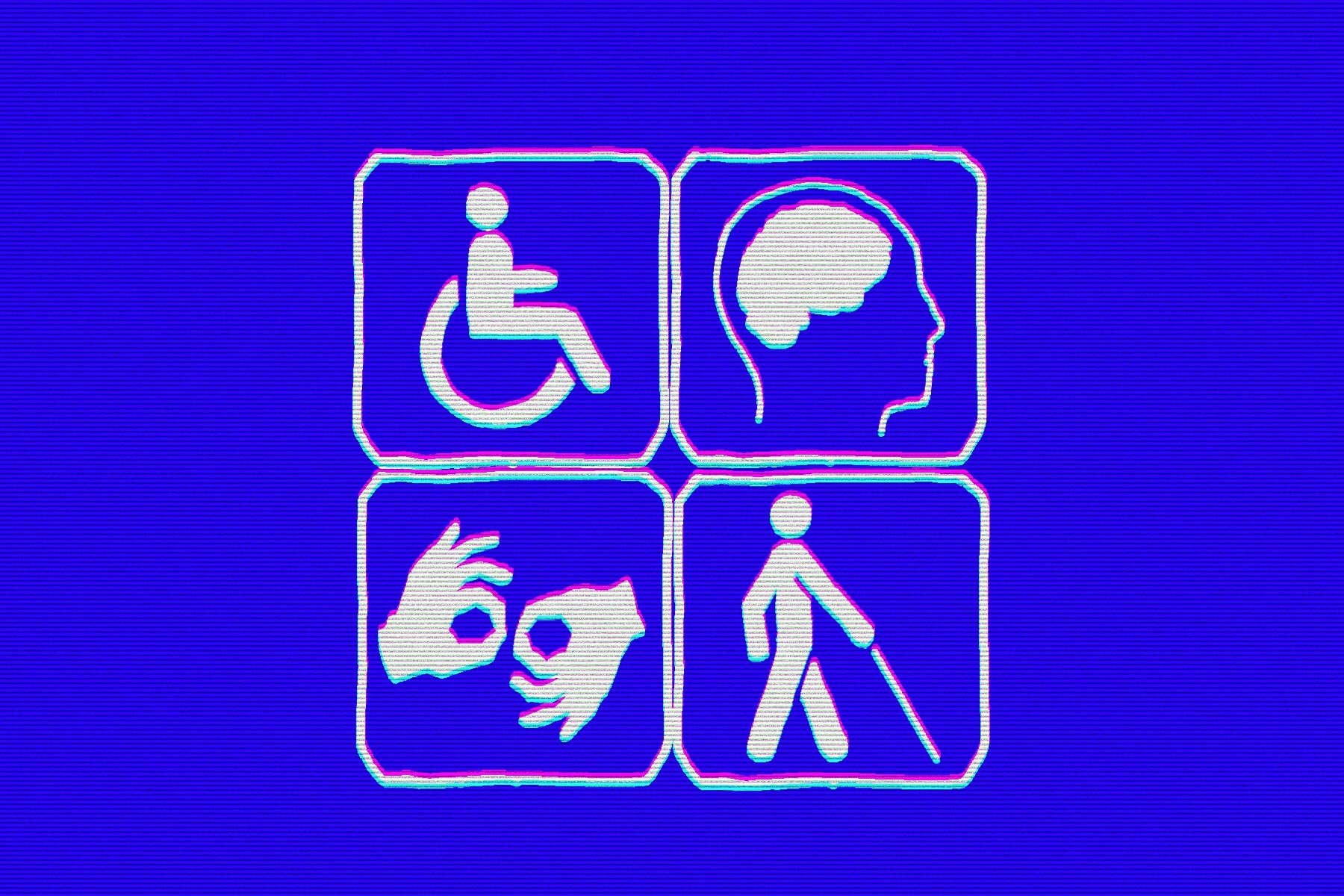Media representation of individuals with different identities is vital in today’s society. Although television and movies are more diverse than they used to be, there is still a long way to make sure all types of people are represented fairly and equally. White men are still the dominant group in most media companies, and there have been many initiatives to get more women and people of color in positions of power in the industry.
However, individuals with disabilities are rarely represented in the media, and when they are, it’s usually not done in a respectful and educational way. Disability representation is definitely getting more traction on platforms like Netflix, but there is controversy over whether this representation is harmful or helpful.
It’s important to note that the definition of “disability” is not cut and dry. Many individuals who are thought to have a disability like deafness do not consider themselves disabled at all. When people think of disability, their minds often turn to physical disabilities, and they fail to consider mental illness as an impairment.
There are various theoretical frameworks for considering disability that all see the term in a different light. Many people believe that the concept of disability is a social construct and does not truly exist, while others see the label as a problem needing a cure. That being said, the shows I examine in this article all feature characters that are seen by most of society as having a disability.
Netflix features a variety of television shows depicting characters with diverse range of identities. The streaming device seems to have made diversity a greater priority as of late. There are plenty of shows that feature characters of all races, genders and sexualities. Recently, Netflix added more shows that feature characters with disabilities.
While many people enjoy these shows and view them as rewarding and refreshing, others have pointed out potential problems with them. Whether you think these representations are helpful or harmful, one thing’s for sure: These shows have raised conversations surrounding disability in the media. By watching these shows and thinking critically about them, people will become more educated on an issue that is not widely discussed.
One issue that comes up repeatedly in reviews of shows and movies that feature a character with a disability is that the actors and actresses who play these roles do not have that particular disability themselves. This is a recurring issue in the media industry, as diverse characters are often played by actors and actresses who do not fit the role in the slightest. When the characters don’t seem believable, it’s hard to take diversity efforts seriously.
Although there’s a plethora of films and shows that could be examined in terms of disability representation, I’ve chosen to focus on two Netflix shows that have been in the spotlight due to their portrayals of disabilities.
1. “Atypical”
“Atypical” is a Netflix original series that premiered in August 2011. The series has two seasons on Netflix and is renewed for a third, which may come out in the fall, although no release date has been given. This heartfelt comedy follows a teenager named Sam, who’s on the autism spectrum. The series deals with issues of love, family, independence and what it means to be a teenager with autism.
The show received positive reviews due to its humor and light-hearted nature. As someone who has seen both seasons, I must say the series is very enjoyable to watch, and has a great mix of humor and emotion. However, many people believe it doesn’t portray autism in a helpful way, and instead depicts stereotypes.
“Atypical” has been on the radar since it premiered, and not all of its reviews have been positive. Some have made the point that the actor who plays Sam, Keir Gilchrist, can’t offer an authentic performance because he’s not on the autism spectrum. Many actors who actually are on the autism spectrum could have been offered the role instead.
In a review for Teen Vogue, actor Mickey Rowe, who is autistic, makes the point that the audience is conditioned to laugh at Sam and his habits because they’re different from their own, and cause awkward moments in the show. “I felt it made Sam the butt of the joke or that it only seemed to help in perpetuating stereotypes,” he says.
Other reviews make the point that Sam is depicted as having high-functioning autism, and is a white, cisgender straight male. Although Netflix was trying to be diverse by having a protagonist with autism, the disability representation falls flat. It will be interesting to see if Netflix takes this feedback to heart, or whether the streaming platform will continue to produce shows that, on the surface seem diverse, aren’t doing much for the community after all.
2. “Special”
“Special” is a new series on Netflix based on Ryan O’Connell’s memoir, “I’m Special: And Other Lies We Tell Ourselves.” O’Connell serves as the creator, producer and star of the show, which follows his life as a gay man with cerebral palsy. The series follows the real ups and downs of O’Connell’s life, including what it’s like to hide both your disability and sexuality.
Although the series hasn’t premiered yet, there are already many reviews circulating the web about whether “Special” tackles disability representation in a better, more constructive way than usual. One huge step that the show takes is showing disability representation both on-screen and behind the scenes.
However, some reviewers make the point that the show could still be damaging, especially to young people who have cerebral palsy. One review states that the series skirts around the main issues with humor and self-deprecation.
The reviewer, Sarah Kim, says the series “can penetrate the notion that their existence is something society should make fun of, and that they should strive for as much ‘normalcy’ as possible.” She also likens the show to another Netflix series, “Crazy Ex-Girlfriend,” where the female protagonist copes with her borderline personality disorder with humor and refuses to face her problems head on.
Having not watched the show yet, I can’t say for sure if “Special” portrays disabilities accurately. However, the fact that someone with a disability is being highlighted both as a star and a producer of the show speaks volumes.
If more people behind the scenes and on-screen had the diverse identities Netflix is trying to portray, it would create educational conversations about representation in media. It’s vital to listen to people with disabilities about whether these depictions are genuine or merely stereotypical, as they face the repercussions.
















